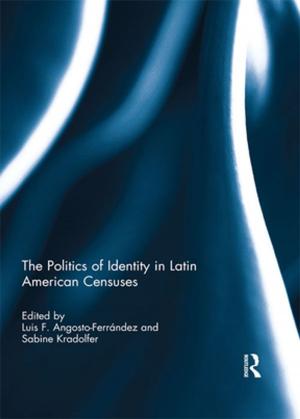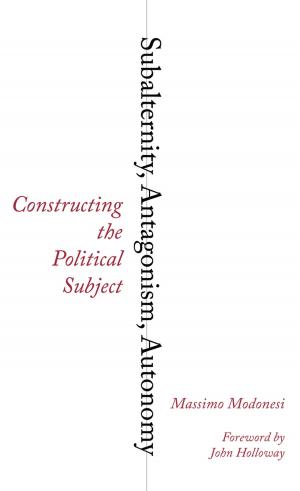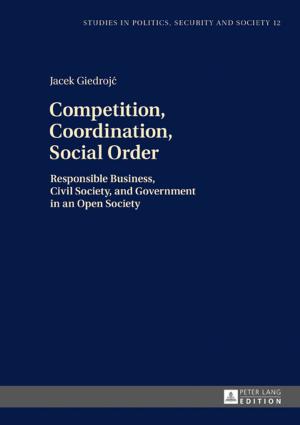'Tribal' Heritage
An Overlooked Chapter of Indian History
Nonfiction, Social & Cultural Studies, Social Science, Anthropology, Sociology| Author: | Promode Kumar Misra | ISBN: | 9780692819302 |
| Publisher: | Vasubandhu Misra | Publication: | December 16, 2016 |
| Imprint: | Vasubandhu Misra | Language: | English |
| Author: | Promode Kumar Misra |
| ISBN: | 9780692819302 |
| Publisher: | Vasubandhu Misra |
| Publication: | December 16, 2016 |
| Imprint: | Vasubandhu Misra |
| Language: | English |
The book is a product of life long research in Anthropology by its author. It provides a critique of the concept of tribe and shows that there was never a distinct category of tribe in India. The people now known as tribe have always been, like others, part of the regional set up, of which forest have been an integral part. In India forests were not simply vast stretches of wilderness but also places for retreat, introspection, learning and storehouse of resources. People who lived close to nature, supplied goods and services and were building blocks of the great cultural community of India. Tribes have values that are not only profound but also ultimate in sustainable development. They maintained their identity and thus contributed to the diversity of India, a key feature of sustainability.
Realizing military, cultural, economic, religious significance of elephant in India from ancient times, the author opens one of the windows to show the role played by the forest dwellers in capturing and domesticating it and thereby demolishes the view that they have been isolated. All these facts have always been there but the students of tribal studies have not been asking the relevant questions. They were ‘digging gold’ in trying to validate arrogantly conceived cultural evolutionary ladder. Traditional ethnographic focus on single communities ignoring the larger community, with self-deceiving value –neutrality has proved to be thoroughly inadequate in understanding either the communities or dynamics of the emerging contradictions being part of the larger system.
The author draws illustrative material from trijunction of the southern region of India, which is environmentally heterogeneous, rich in natural resources and has been home of a number of tribes highlighting the transformation scene, indicating the pressure of ‘mainstreaming’ in the highly unequal and stratified universe of India.
The book is a product of life long research in Anthropology by its author. It provides a critique of the concept of tribe and shows that there was never a distinct category of tribe in India. The people now known as tribe have always been, like others, part of the regional set up, of which forest have been an integral part. In India forests were not simply vast stretches of wilderness but also places for retreat, introspection, learning and storehouse of resources. People who lived close to nature, supplied goods and services and were building blocks of the great cultural community of India. Tribes have values that are not only profound but also ultimate in sustainable development. They maintained their identity and thus contributed to the diversity of India, a key feature of sustainability.
Realizing military, cultural, economic, religious significance of elephant in India from ancient times, the author opens one of the windows to show the role played by the forest dwellers in capturing and domesticating it and thereby demolishes the view that they have been isolated. All these facts have always been there but the students of tribal studies have not been asking the relevant questions. They were ‘digging gold’ in trying to validate arrogantly conceived cultural evolutionary ladder. Traditional ethnographic focus on single communities ignoring the larger community, with self-deceiving value –neutrality has proved to be thoroughly inadequate in understanding either the communities or dynamics of the emerging contradictions being part of the larger system.
The author draws illustrative material from trijunction of the southern region of India, which is environmentally heterogeneous, rich in natural resources and has been home of a number of tribes highlighting the transformation scene, indicating the pressure of ‘mainstreaming’ in the highly unequal and stratified universe of India.















